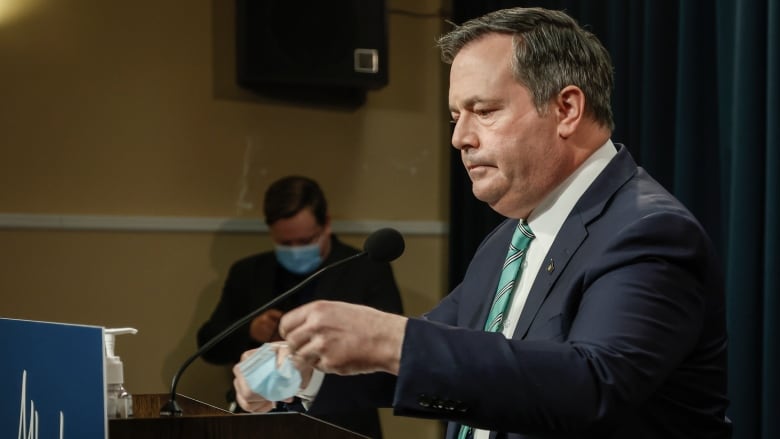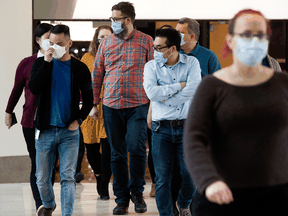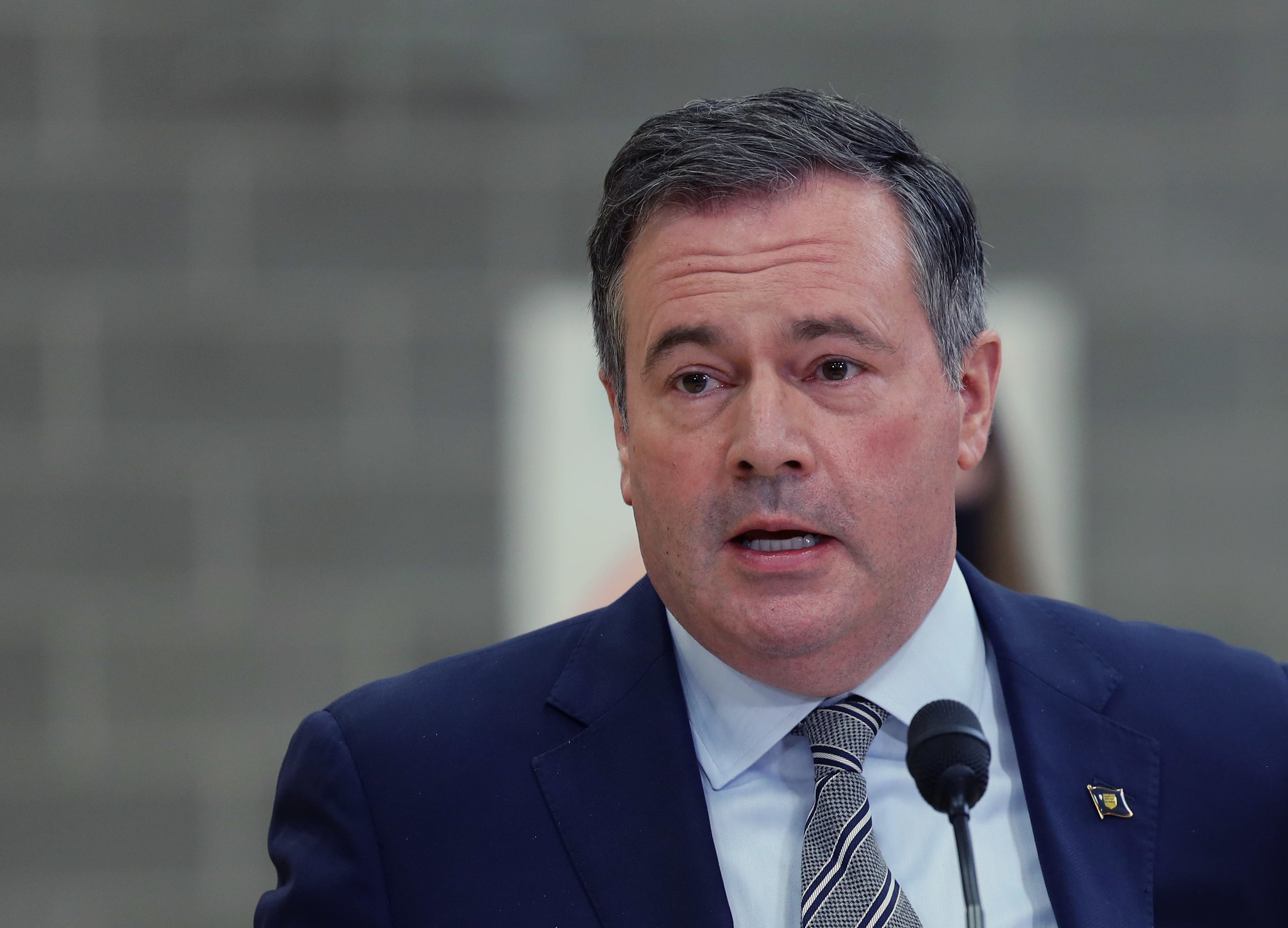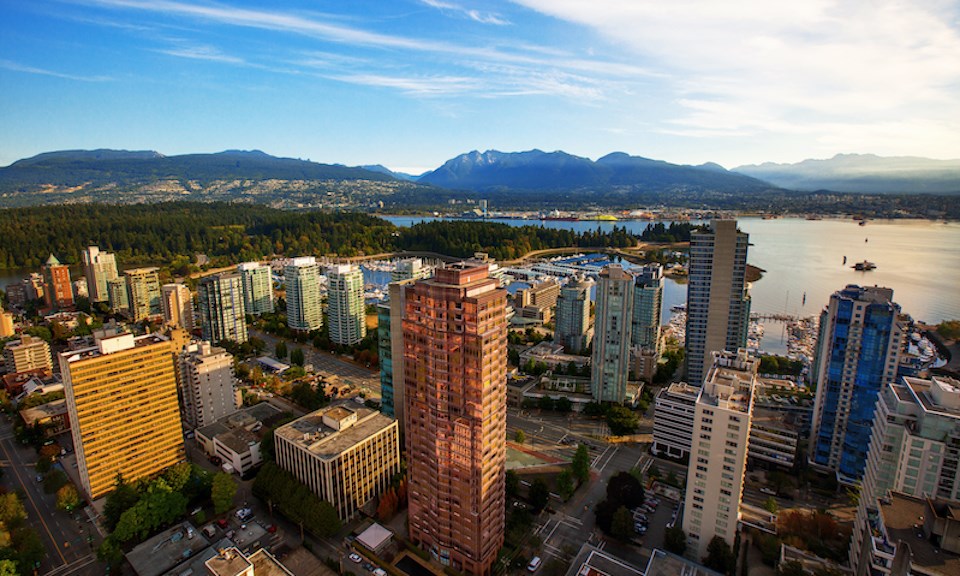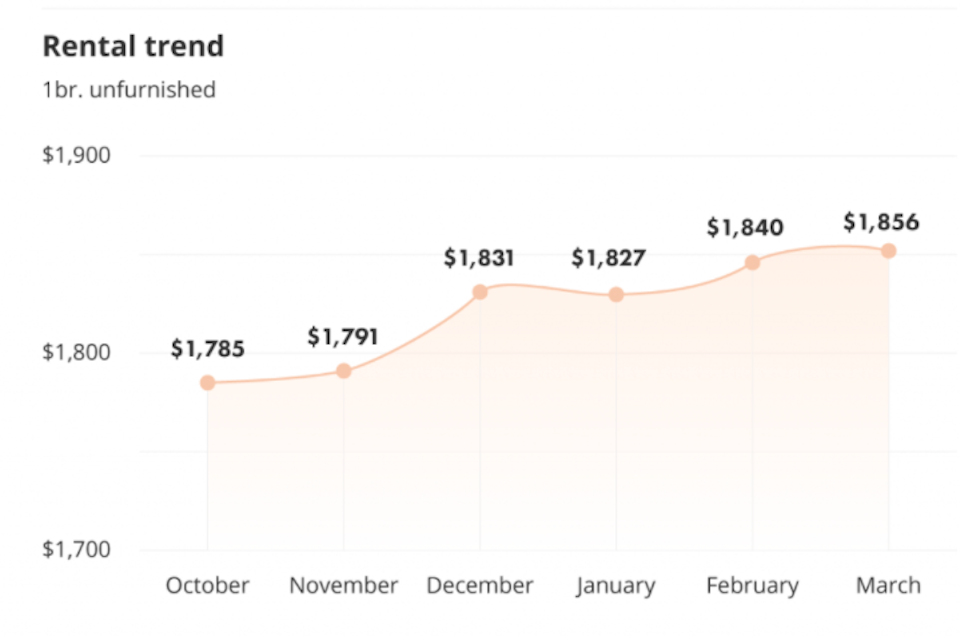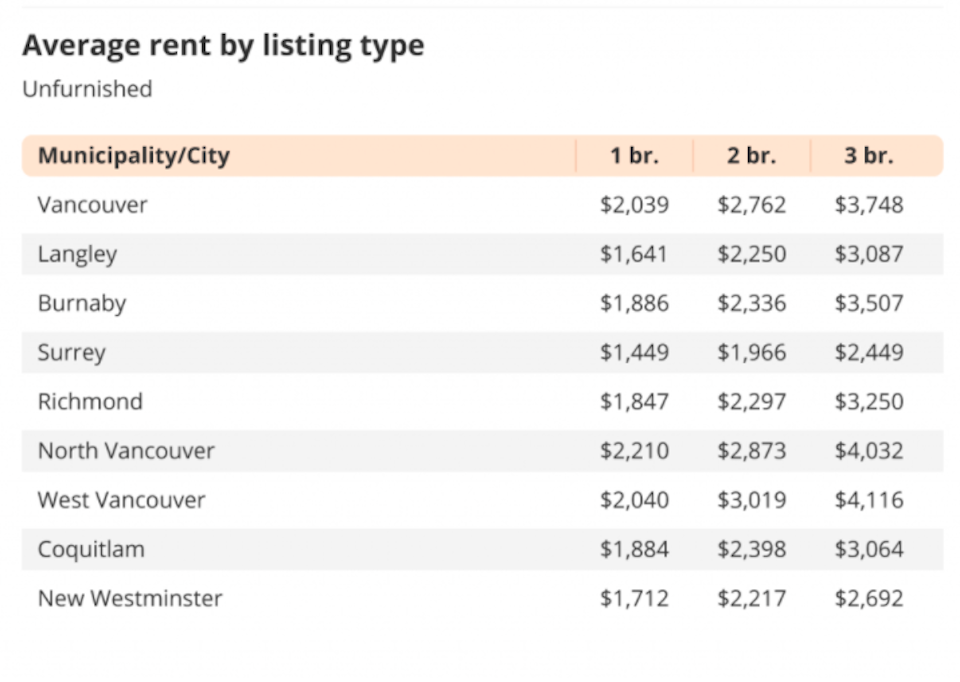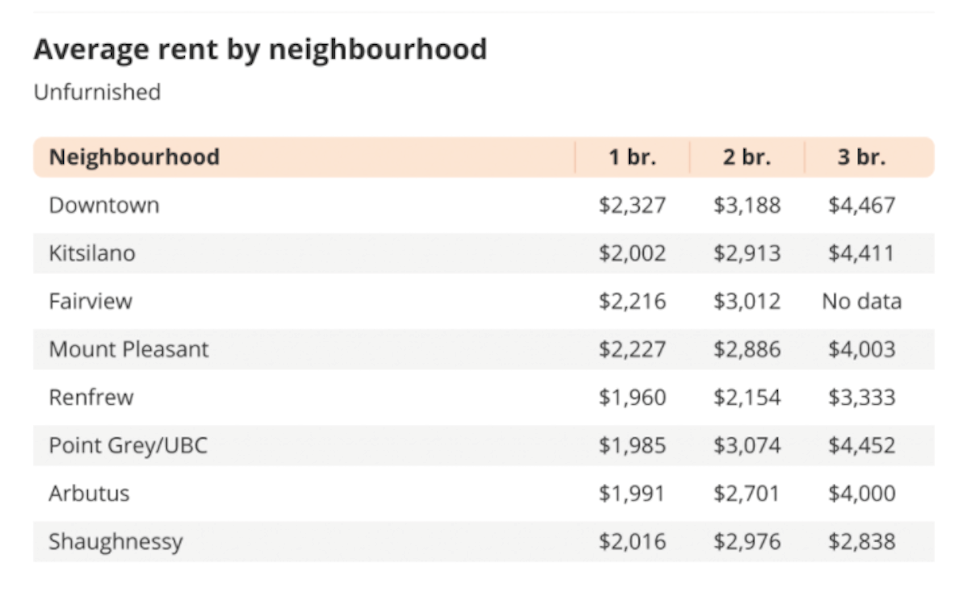United Conservative members organize against Jason Kenney ahead of leadership vote
Organizers aid registration fee reimbursement, charter
buses to boost attendance
Five weeks before United Conservative Party members vote on Premier Jason Kenney's fate as leader, grassroots organizers and MLAs are working to tip the balance.
Take Back Alberta, a provincial conservative grassroots group, says it's been holding meetings since December to convince members to vote to turf Kenney in the upcoming leadership review.
The group is also working to pay for transportation and attendance costs for members who would not otherwise be able to attend the special meeting in Red Deer on April 9.
David Parker, a campaign organizer for Jason Kenney during his United Conservative Party (UCP) leadership bid in 2017, is running the efforts.
He says that after devoting time to getting Kenney elected, he's lost patience with the leader and believes others feel the same way.
"Anyone who cares about the future of the province from a conservative angle must vote Jason Kenney out," Parker told CBC News.
"On April 9, we're voting out a tyrant."
Since December, he estimates the group has held about 200 face-to-face meetings with members. The number of participants varies from a few dozen to a hundred, according to Parker.
The movement is seeing the participation of several MLAs from Kenney's own party. Parker says half a dozen are involved.
MLAs participate in meetings to boost vote attendance
CBC News obtained a partial audio recording from a meeting on Feb. 17 in a community hall in Glendon, Alta., which is northeast of Edmonton.
In the recording, Dave Hanson, the MLA for Bonnyville-Cold Lake-St. Paul, says he fears seeing "interference" in the April 9 confidence vote, similar to allegations of fraud that tainted the 2017 leadership race.
Hanson confirmed to CBC News the recording is authentic, but says he participated with the understanding the meeting would not be recorded. He declined to comment further.
During the meeting, he said he was pleased people are working to attend the leadership review.
"It's a groundswell. I'm very, very happy to see it happening here, too."
The UCP has consistently said the leadership review is happening in line with the rules used for others before it. Kenney said Wednesday a successful vote is 50 per cent plus one, like any majority vote in a democratic system.
Angela Pitt, the MLA for Airdrie-East, told CBC News she's attended some Take Back Alberta meetings but has also attended upward of 100 other grassroots meetings in living rooms and barns across the province.
"I have been actively meeting with Albertans of all stripes to teach them how to become actively involved in the political process inside our party," she said.
"High levels of civic engagement give you good government. And I believe, based on what I've been hearing for the last number of years, people want to see a change in their government, and this is how you do that."
MLA Todd Loewen, who was expelled from UCP caucus in 2021, is also calling on members to travel to Red Deer to vote against Kenney.
In a Facebook post, the constituency association for Airdrie-Cochrane says it's offering a 50 per cent rebate for members who sign up to attend the meeting, and is offering free travel on a chartered bus. The attendance fee for the meeting is $99.
Kenney responds to news of organized opposition
The premier was asked Wednesday for his reaction to this organization against him.
"What I'm doing on my end is working with our great team to build Alberta: a strong economy and a strong province," Kenney said, listing off recent economic successes like the projection of a balanced budget.
The premier said similar rumours of plans to take him down have swirled before but never materialized.
"I think the broad, mainstream of Alberta conservatives want us to continue getting the job done."
Fill the convention centre, win the vote, organizers say
After Hanson's portion of the recording, one of Brian Jean's key advisors chimes in. Vitor Marciano, who is working to get the former Wildrose leader elected under a UCP banner in Fort McMurray-Lac La Biche, says the only way to remove Kenney as leader is to send enough members to the meeting in Red Deer to win the vote. Marciano also confirmed the authenticity of the recording.
Jean recently re-entered provincial politics vowing to revitalize the UCP and take out Kenney.
"That's what this meeting is about. It's about making sure that we send enough members there. Frankly, Jason Kenney is counting on the fact that people might be mad, but are they mad enough to drive to Red Deer? Are they mad enough to spend $99? Ultimately, $99 is a really small investment in freedoms, it's a really small investment in sending politicians a message," Marciano said.
Marciano and Parker, however, claim the Jean camp and Take Back Alberta are not officially teaming up — rather, their interests are temporarily aligned.
Duane Bratt, a political scientist at Mount Royal University, says good budget news, COVID restrictions lifting, a byelection in Jean's riding and other riding nominations make it hard to tell which side has the momentum right now.
"Almost every event you look at in Alberta politics, you have to view it through the lens of the leadership, because Kenney is," he said.
Bratt said the brief moment of positive news for Kenney likely won't be enough on its own.
"I've been punching you every day for two years, and now I stop. Are you happy?"
Two recent conservative leaders in Alberta have received more than 75 per cent support in leadership reviews, yet stepped down in the months after.
